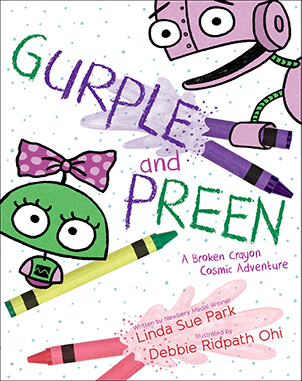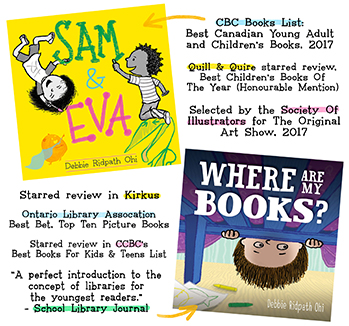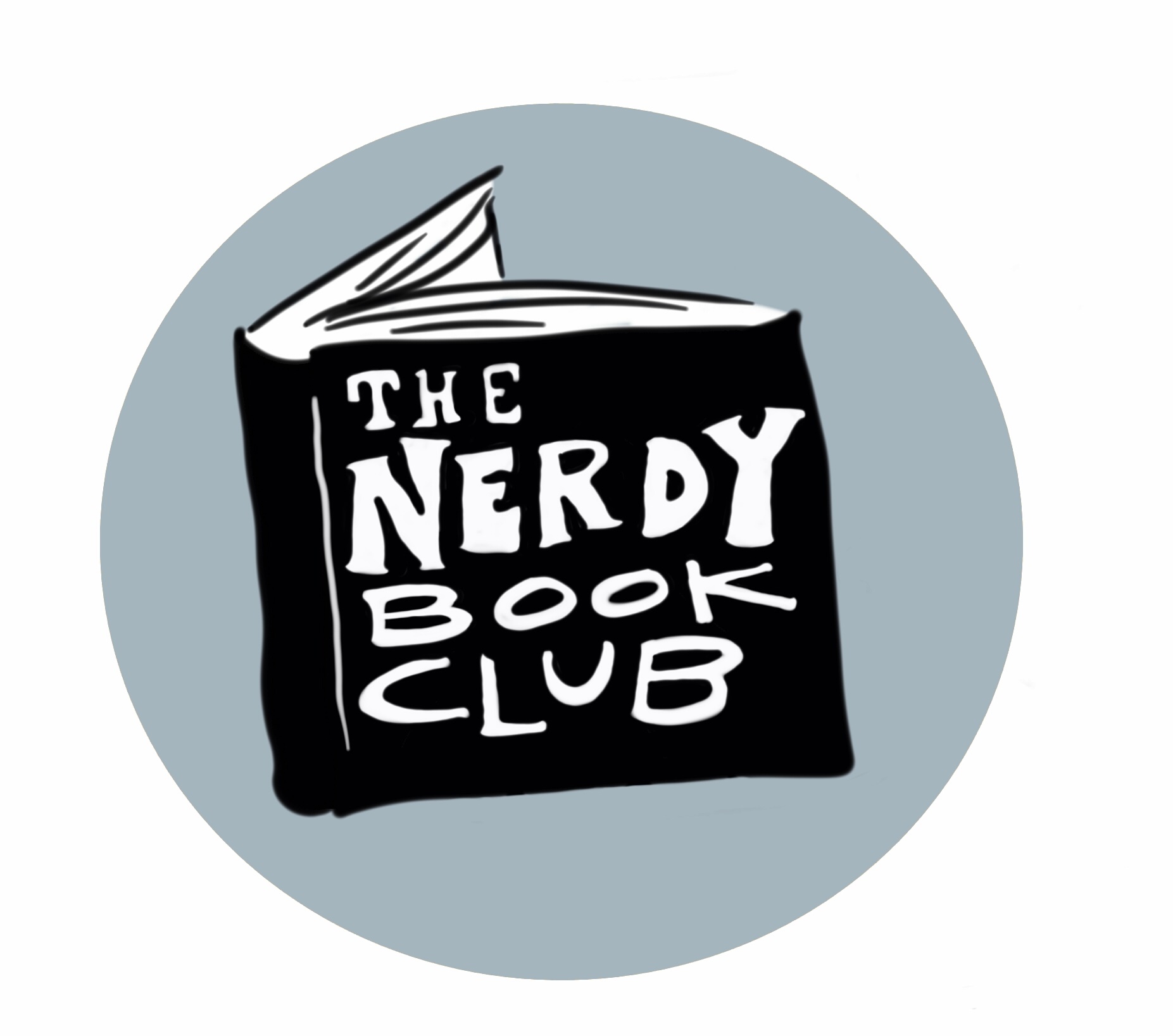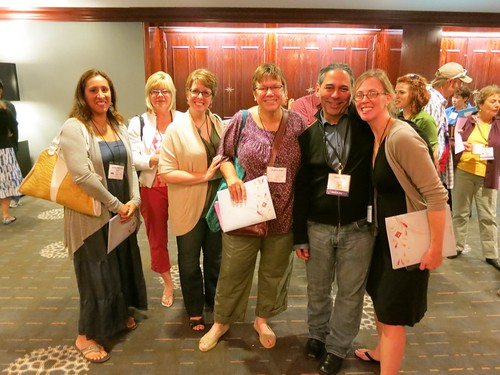SCBWI-LA Takeaway #1: Don't expect everything to happen at your first conference. Experience breeds opportunity.
Instead of trying to do a long report about the 2012 SCBWI Summer Conference, I'm going to do takeaways; it'll increase the possibility that I'll actually post them. :-)
So here's my first:
SCBWI-LA Takeaway #1: Don't expect everything to happen at your first conference. Experience breeds opportunity.
At my first SCBWI conference (the first time I decided to start going regularly, that is), I didn't know anyone, or at least not very well. When I made the decision to go in 2009, I was WAY nervous about the possibility of going home feeling like I had wasted all that time and money. And yes, a tiny part of me couldn't help but secretly hope that HEY, maybe I'd be "discovered" and land a book contract.
While I enjoyed that conference, however, I didn't come home with a book contract. My manuscript critique had not gone well, and I couldn't help but wonder whether the editor had even read my mss; she had only made one mark on my submission, and that was to correct a typo in one of the early pages. She never referred to anything in my mss but asked me to summarize my plot on the spot, then critiqued my clumsy and unprepared verbal pitch. No wonder she wasn't impressed.
I felt humiliated and embarrassed, especially since I had gone in with such (unrealistically) high expectations. I was also envious of others I chatted with, who were critiqued by published authors in the program... most had received pages of useful notes and advice from these authors, plus encouragement. Later on, I heard at least one of these turned into a book contract when the critiquing author passed the mss on to their editor. (Side note #1: Don't be disappointed if you get an author critiquing your mss instead of an editor or agent!)
BUT I did enjoy meeting a lot of writers and illustrators, plus was inspired by the keynotes and workshops. I was determined to come back the next year, and would be more prepared.
For the manuscript critique, for example, I wanted to be ready for the possibility that the person critiquing my mss had not had time to read it. The mss might have slipped by the wayside somehow, or the editor might have run out of time. Or maybe she really did just hate my story so much she didn't have any suggestions on how to improve it. :-)
But even in that case, I needed to be able to give my elevator pitch more coherently AND have questions ready, so that I could still get something out of the session. I could have asked more info about the publishing house, her process, opinions on publishing industry topics, and so on.
[Side note #2: I did try the mss critique again at last year's SCBWI conference LA and it went wonderfully. I learned a ton from Jen Rofé's comments at the session and on my brand new YA mss, plus she ended up nominating my mss for the Sue Alexander "Most Promising For Publication" Award! I didn't win, but am still super-inspired. :-)]
If you're an illustrator disappointed about not being "discovered" at the Portfolio Showcase, don't forget that in most cases, art directors and editors and other industry people collect cards at the Showcase for later. I've heard so many stories of artists who got work months (sometimes years) later because of someone seeing their work in a Showcase. Just because you didn't win an award doesn't mean people didn't like your work. Just participating in the Showcase is great exposure -- SO many people are going to be browsing your portfolio.
Something else I learned since I began going regularly to these conferences: the more you go, the more you'll get out of it. You'll be familiar with a wider network of people in the industry and be able to have deeper conversations. You'll stop feeling like a "newbie trying this out" and will have a better idea of what you hope to achieve at the event.
More experienced types will start to recognize you and see that you're seriously pursuing children's book writing and/or illustration rather than just testing the waters. And if they like you and see potential, they will be more likely to take some time to offer advice or info. DON'T be one of those people who so clearly scan name badges and are only interested in talking with editors, agents and Big Name Authors.
Very, very few conference attendees get a book offer at the conference. Adjust your expectations next time, and look for the many other ways that the event has helped you and could help you in the future in terms of knowledge, inspiration, connections and friendship (the latter two are not exclusive).
So…if you just came back from your first conference disappointed about how it went: instead of being bitter or resentful, try to focus on the positive aspects. What did you learn? What cool people did you meet (and how can you maintain contact with them during the year, even if it's just reading and commenting on their blogs or tweets or FB posts)? What can you do differently next year? Make some notes NOW, while everything is fresh in your mind.
But most of all, remember that this was only your FIRST CONVENTION.

Lee Wind with first-timer Cherryl Chow.
Kudos to you for going in the first place. You've already made an important early step in pursuing what you want; most aspiring writers and illustrators never get that far, so you're already ahead of the game.
And who knows what might happen next time?
p.s. Note to those who can't afford to go to the SCBWI convention in LA: look for similar opportunities closer to home. Join your local writers' organizations and attend meetings. Or if you can't find one, try starting your own group. Online networking is great but I've found that nothing beats chatting in person.
---
You can see my photos from the SCBWI Summer Conference on Flickr: Set 1 - Set 2 - Set 3
















 Wednesday, August 15, 2012 at 11:36 AM
Wednesday, August 15, 2012 at 11:36 AM
Reader Comments (7)
As a newbie, I think you are spot on Debbie. The intensives, which I count under "honing my craft" were probably the most helpful. A close second was all the contacts I made. Writing can be a lonely business, so it's nice to have found some new friends.
I couldn't agree more. Fabulous post--you hit it on the nose. This is a marathon, not a sprint and with the proper "training" you'll get better over time. <3
This is great - and it captures my first SCBWI conference jitters/hopes/letdowns perfectly. Also a glimmer of how things felt the second time around. Love your P.S. Very helpful all 'round, Debbie.
So glad I can read this now, Debbie!
I can attest to the fact that you get more out of the conference the second time around. This was my second year, and it was really awesome! I met up with a good friend who I met first year, and we quickly brought a few more into our fold (who were there for the first time and didn't know anyone. Part of my conference job is recruiter!) This year I brought more books too (but still ended up buying a TON to get signed....I think my total was 70!) But I think the best part was just knowing what I was getting into.
I knew I would have to drink tons of coffee
bring tons of snacks
and be prepared for anything!
It's also nice to do a little check in after each conference.
I was excited after last years, but so encouraged and inspired after this year's. It gave me a place to go.
My good friend from the first conference also won a mentorship in the portfolio contest, so I've got to get writing and submitting to keep up with her success!
Also, I'm taking a page out of your book next year....I'm taking more pictures!
Keep up the good blog posts!
KE
Thank you, Debbie! This is the sort of information that every first-time -- and second and third-time -- conference attendee needs to read beforehand.
I'll be sharing this with our Children's Book Hub Facebook Group.
Okay, I'm convinced. LA is on my radar for next year. Or maybe New York...
That's a great takeaway. I'm just starting to attend conferences, and it's nice to know that I don't have to put too much pressure on myself to dazzle at first!